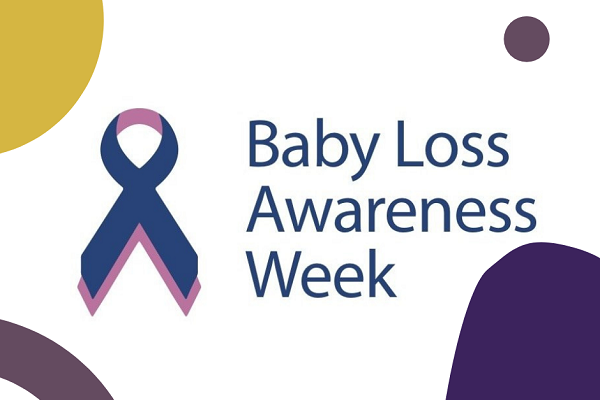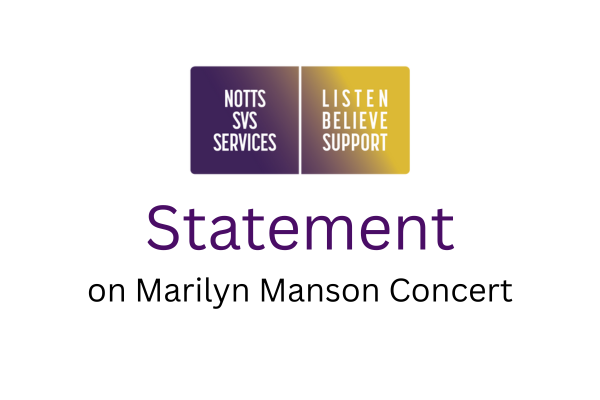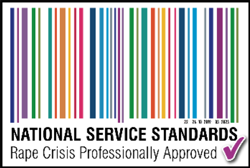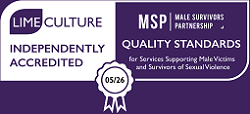Supporting a Person Close to You
How you can support someone you care about after they have disclosed abuse.
Supporting a Survivor of Rape or Sexual Assault
It is very unlikely that you will have any experience at all with helping people who have been sexually assaulted, which often makes people feel powerless and like they are letting someone down.
You can be a good source of support for the person in your life that has been sexually assaulted or raped. We will make sure that they get professional help and support, but you can be there for them to help them on their path to feeling better. Here is how you you can give help and support to someone you care about in the hours, days, weeks and months after their trauma.
Listen: Listen to what they are telling you. And show them that you are listening. As they tell you things, you may find it difficult to hear or find that you have questions. It is important that you do not interrupt, especially if they are getting things off their chest that take a lot of courage to tell people.
Believe them: This is probably the most important thing to do. Believe what they are telling you and make sure that they know that you believe them. No matter how hard it is to hear, you should let them know that you believe them, even if it means hearing difficult details about someone else you know.
Be patient: You should be very patient with the person you care about. They may have told you that something had happened, and then suddenly found it too hard to say more. They may be getting their words confused. They might be angry or crying. Just be patient. Let them know you are listening. Let them know that you believe them. Let them tell you in their own time what happened. Being patient is also important in the long term. It may take a while before you feel that the person who was assaulted is “themselves” again and you may think their personality has changed. Just be patient, they are going through a very difficult period and you letting them know you are there for them, no matter what, is very important.
Let them remember (in their own time): Don’t tell them to forget about what has happened and, if they are telling you about it, let them remember in their own time.
Let them be in control: Being raped or sexually assaulted often involves the survivor having felt helpless and as if they had lost control. It is important you let them feel in control. Respect their decisions wherever possible, and try not to be offended or upset if they want to do something that you don’t think is best. They may want you to come to appointments with them, but they may ask you not to come or even ask someone else to be the person who supports them at an appointment. This can be frustrating, but try and let them control what happens to them and don’t try to take over and make important decisions for them.
Let them show their emotions: Everyone reacts differently and any reaction to a rape or sexual assault is normal. If they are angry or upset, let them show their emotions. It’s also important to remember that some survivors may seem remarkably calm or as if they are not bothered by what has happened to them. Don’t judge them for this as they are probably in shock or confused about what has happened to them. It is not uncommon for people to shut down emotionally and go ‘numb,’ so don’t be surprised if they are not emotional, just as you should not be surprised if they are very emotional.
Ask about touching: You may be desperate to give them a hug or to hold their hand in support. But for many survivors of rape or sexual assault, even if you are one of their closest loved ones, they may not be comfortable with any physical contact for the moment. Respect their wishes and try not to touch them unless they tell you that it is OK to do so, or if they initiate the contact themselves.
Offer practical support: Try to remove as many other burdens from their lives as possible. Offer to come to appointments with them. Offer to make them a drink. Tell them that you will help them any way that you can and ask if there’s anything you can do that will help.
Remember that it’s not their fault: Nobody is to blame other than the person who raped or sexually assaulted the person you care about. It is as simple as that. Don’t ask them about the circumstances, like if they had been drinking or what they were wearing, or if their relationship to the perpetrator may have caused the assault. Let them tell you what happened and make sure they know they are not to blame in any way.
Recognise their courage: It takes a lot of courage to tell someone about any trauma, especially a rape or sexual assault. Let them know how brave they are for speaking up.
Do not ask why they did or didn’t do something: You should never ask them why they did or didn’t do something. This might make them think you don’t believe them or that you are blaming them. Do not ask why they didn’t fight back or run away. Do not ask why they didn’t say something sooner if the incident was some time ago. Do not judge them for any action they either did or did not take.
Your Wellbeing
Just as it will almost certainly have an emotional impact on the person who has been raped or sexually assaulted, supporting someone through this period of their life can be a difficult time for you as well. Especially when it is someone you care about, like a child, a partner or spouse, a best friend or a sibling, the effect that trying to be there for them in their time of need can have on your own wellbeing can be significant.
This can often make people feel guilty for feeling overwhelmed when they have not been through the trauma of a rape or sexual assault themselves. This is understandable. You have probably never been trained in how to deal with this situation and it is perfectly normal to feel like you can’t cope. If you are having trouble coping with supporting a survivor of rape or sexual assault, click below to learn more about getting support for yourself.
